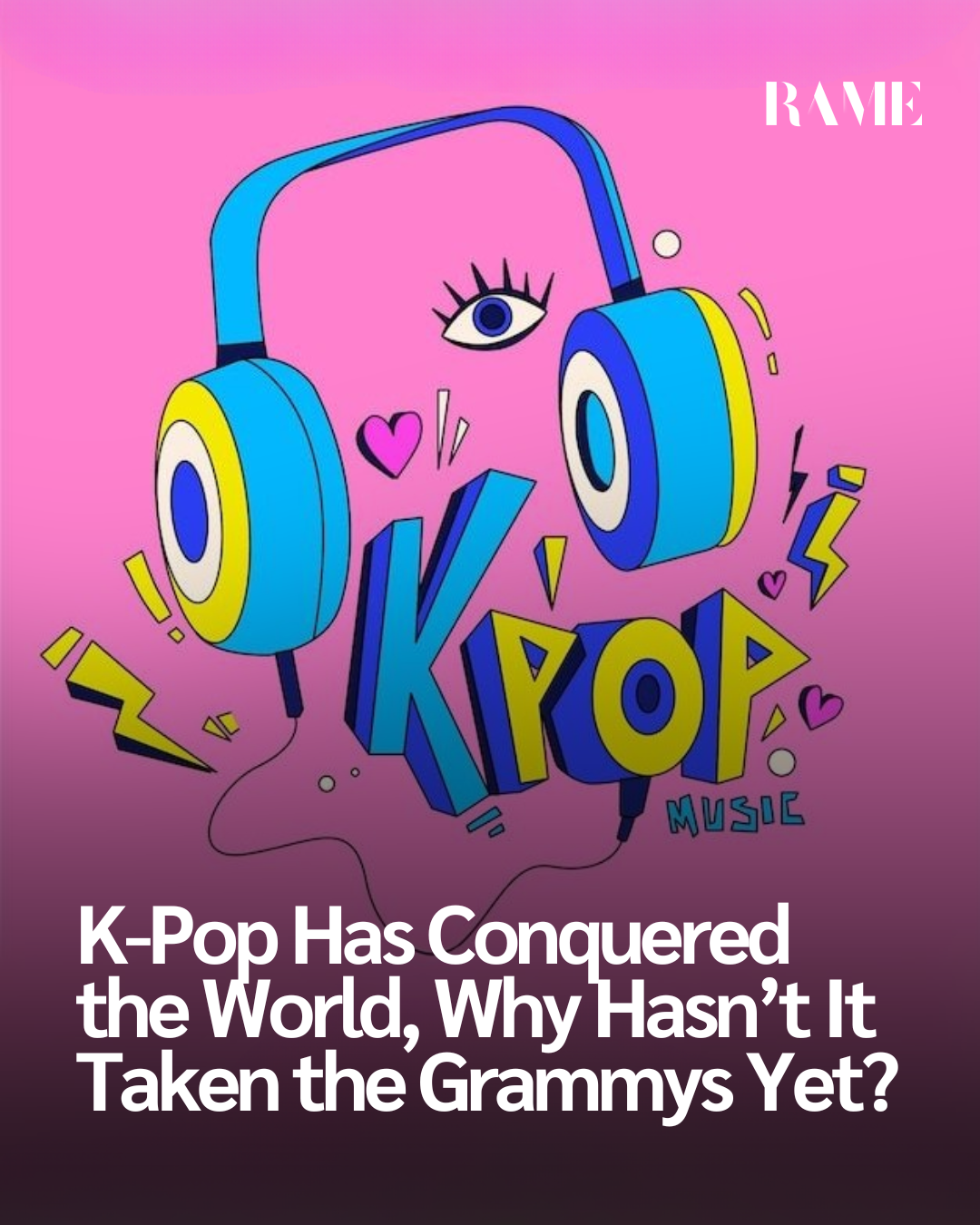Image Credit: pikisuperstar
The Global Rise of K-Pop
Over the past 15 years, K-pop has evolved from a largely regional phenomenon into a global cultural force. What began with PSY’s viral “Gangnam Style” in the early 2010s has since expanded into a multi-billion-dollar industry fueled by groups like BTS and Blackpink. Sold-out stadium tours, Billboard-topping albums, and viral collaborations have made K-pop impossible to ignore in Western markets.
And yet, when it comes to music’s most prestigious awards show, the Grammys, Korean pop has struggled to gain a foothold.
The Grammy Gap
Despite its worldwide dominance, K-pop lacks significant representation at the Grammys. BTS made history with three consecutive nominations for best pop duo/group performance between 2021 and 2023, including their collaboration with Coldplay on “My Universe.” But no Korean group or artist has since joined them in the nominations, and crucially, no dedicated Grammy category for K-pop exists.
Recording Academy CEO Harvey Mason Jr. acknowledges the disconnect. “We’ve had a lot of conversations about a K-pop category,” he said. “The music is so prevalent, so impactful and just resonating right now globally.”
The Academy has added categories reflecting global influence, such as best African music performance (2024) and música mexicana (renamed in 2024). Yet K-pop a decade-long presence on U.S. charts remains outside the awards’ framework.
Why No K-Pop Category?
The issue, Mason explains, lies in ensuring enough qualified voting members to evaluate the submissions fairly. “If we added a category for a genre of music and didn’t have enough members to evaluate that music, it would be a disaster for not only us but for the genre,” he said.
Defining K-pop as a genre is another hurdle. Some industry voices argue it’s not distinct from pop but rather an umbrella term for Korean artists making popular music. In 2021, then-chief awards officer Bill Freimuth suggested existing pop categories might be better suited, pointing out that the Academy received only 14 K-pop submissions that year.
Jeremy Erlich, founder of ALTA Music Group, warns against pigeonholing. “If you look at Bad Bunny, he doesn’t want to be the biggest Latin star. He wants to be the biggest star. And he deserves the right to have that opportunity at the Grammys,” he said, suggesting K-pop stars deserve the same.
K-pop’s Expanding Influence in the U.S.
Today, K-pop is far more entrenched in the American music industry. Collaborations like Jung Kook and Latto’s “Seven,” Lisa with Doja Cat and RAYE, and Rosé with Bruno Mars have pushed Korean stars into mainstream pop consciousness. Behind the scenes, U.S. songwriters and producers are increasingly working with K-pop acts, with publishing figures like Amanda Hill and Ryan Tedder partnering directly with Korean labels such as HYBE.
“The Korean music industry has done a really good job coming out this way and learning about all the songwriters,” Hill explained. “The last three, four years, the industry has been spending more time in Los Angeles.”
Culture Meets Hollywood
If there was any doubt about K-pop’s cultural saturation, Netflix erased it with KPop Demon Hunters, an animated blockbuster musical whose fictional group HUNTR/X, voiced by real-life Korean-heritage artists, topped the Billboard Hot 100 for weeks with the hit “Golden.” The soundtrack became a Billboard 200 chart-topper, cementing K-pop’s grip not just on music but on mainstream entertainment.
Independent A&R executive Torsten Ingvaldsen called it a watershed moment: “That shows you what the lifestyle surrounding K-pop can achieve.”
What Comes Next for K-pop at the Grammys?
The Grammys may face mounting pressure if K-pop continues to dominate charts without recognition. “If there’s a complete omission, there’ll be cause for chatter,” Erlich predicted. Some insiders suggest a broader “Asian Pop” category might be more inclusive, encompassing Japanese and Chinese acts as well.
For Mason, who has personal ties to the Korean music industry from his early career, the goal is clear. “I would love to see more global music, more music from that region, being celebrated [at the Grammys],” he said.
The Bigger Picture
K-pop’s Grammys struggle reflects a larger question: can Western institutions keep pace with the globalization of music? With audiences increasingly consuming cross-border hits, the Academy may need to rethink not just categories but its entire framework of recognition.
What this really means is simple: K-pop has already conquered the world. Whether the Grammys catch up remains to be seen.



